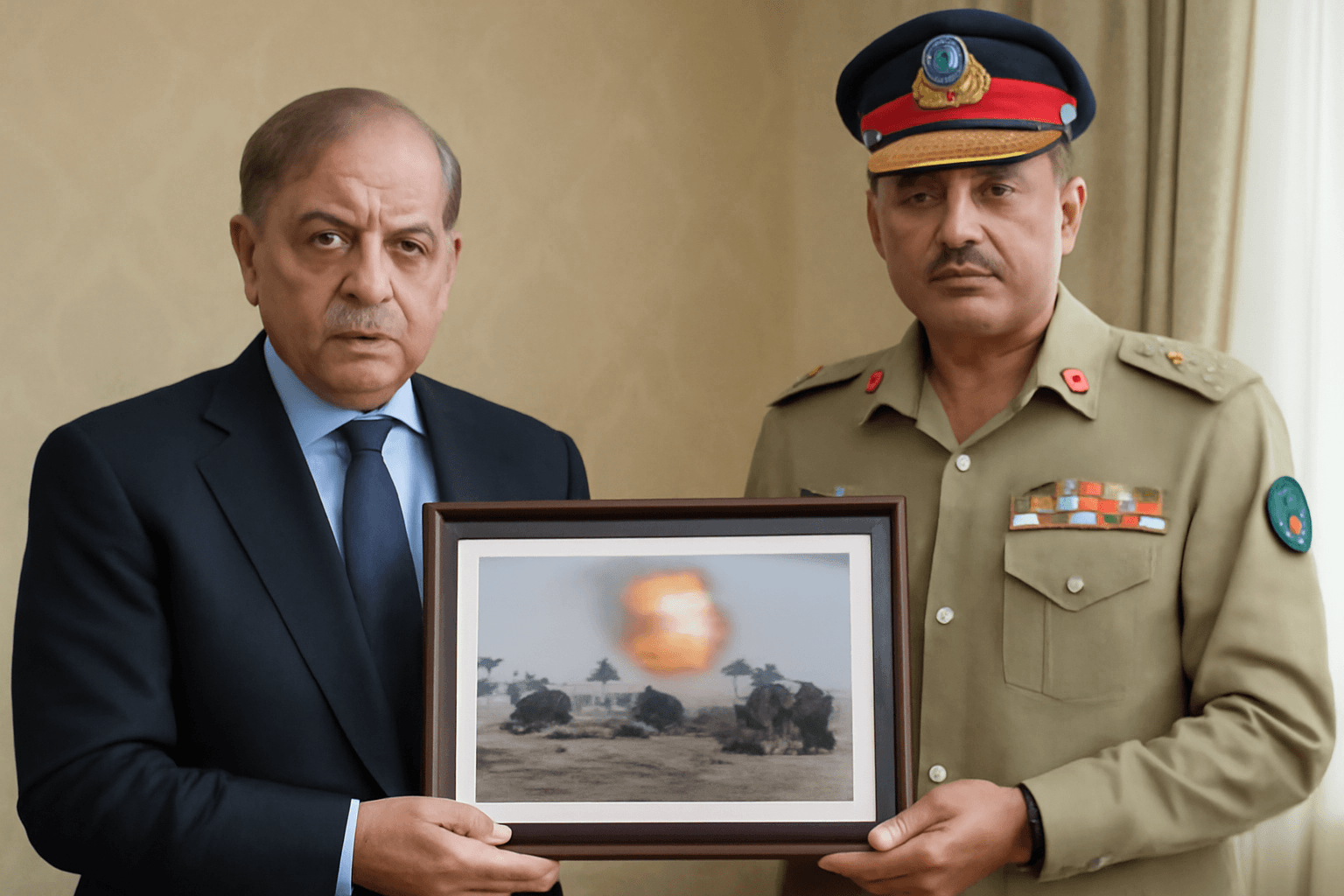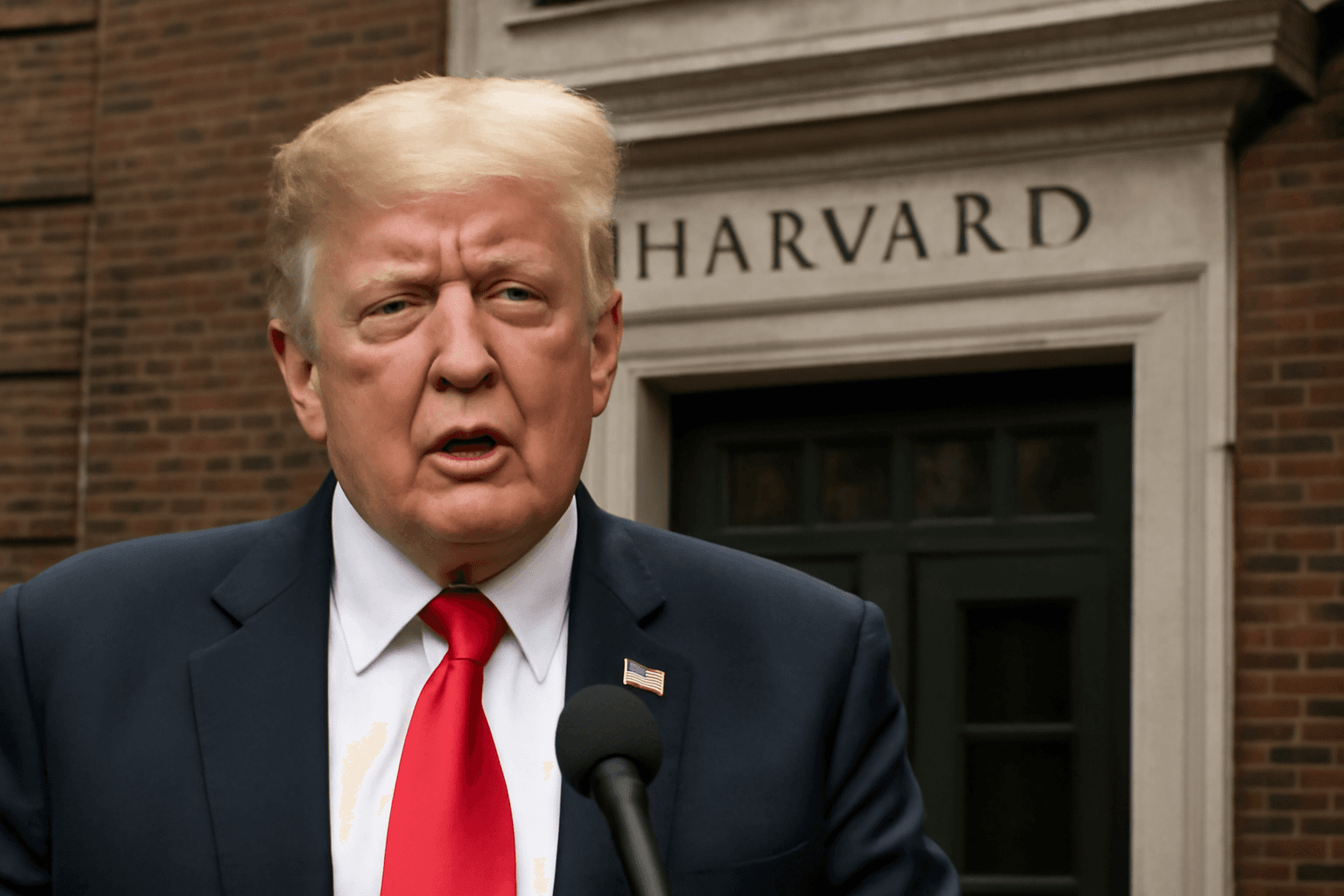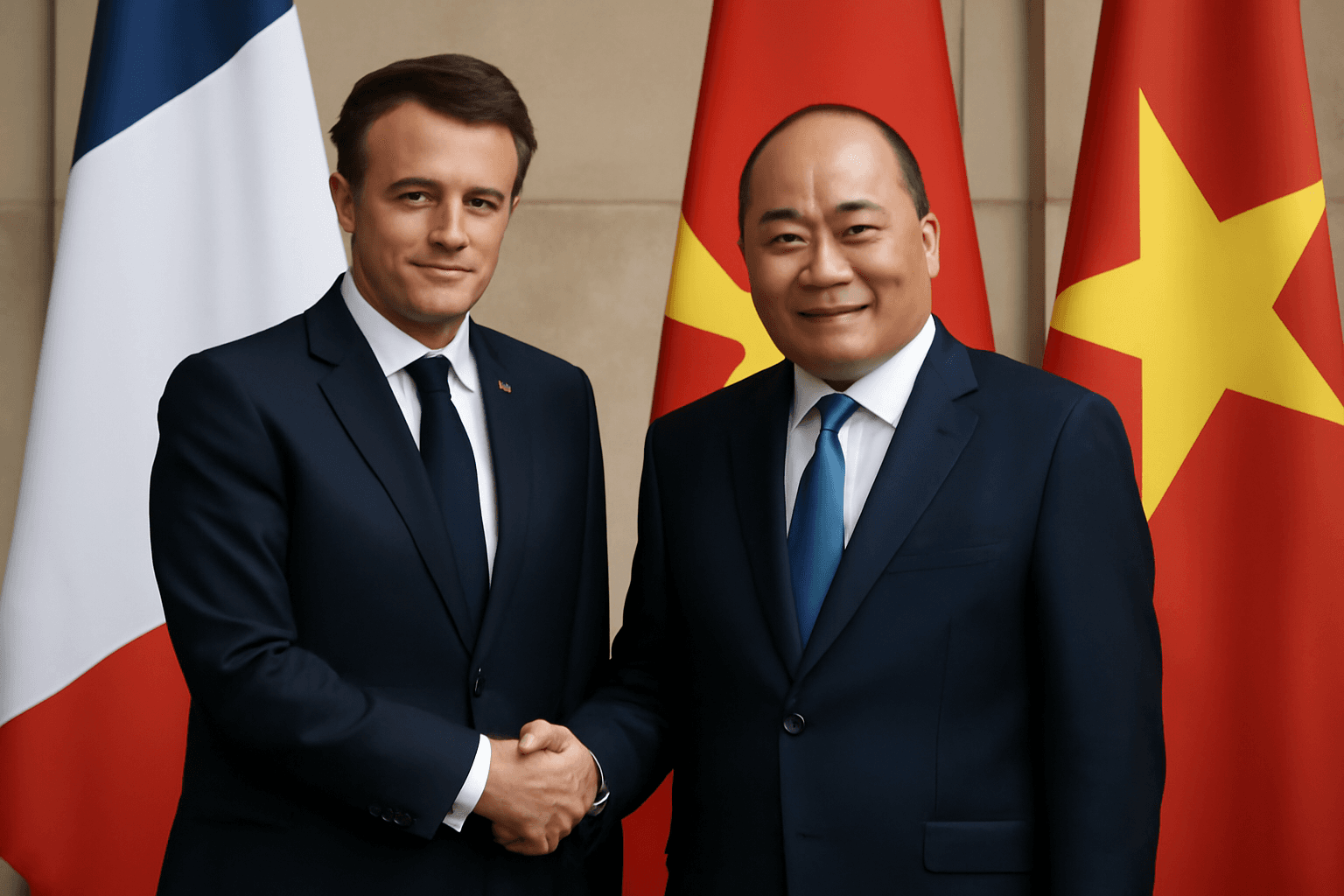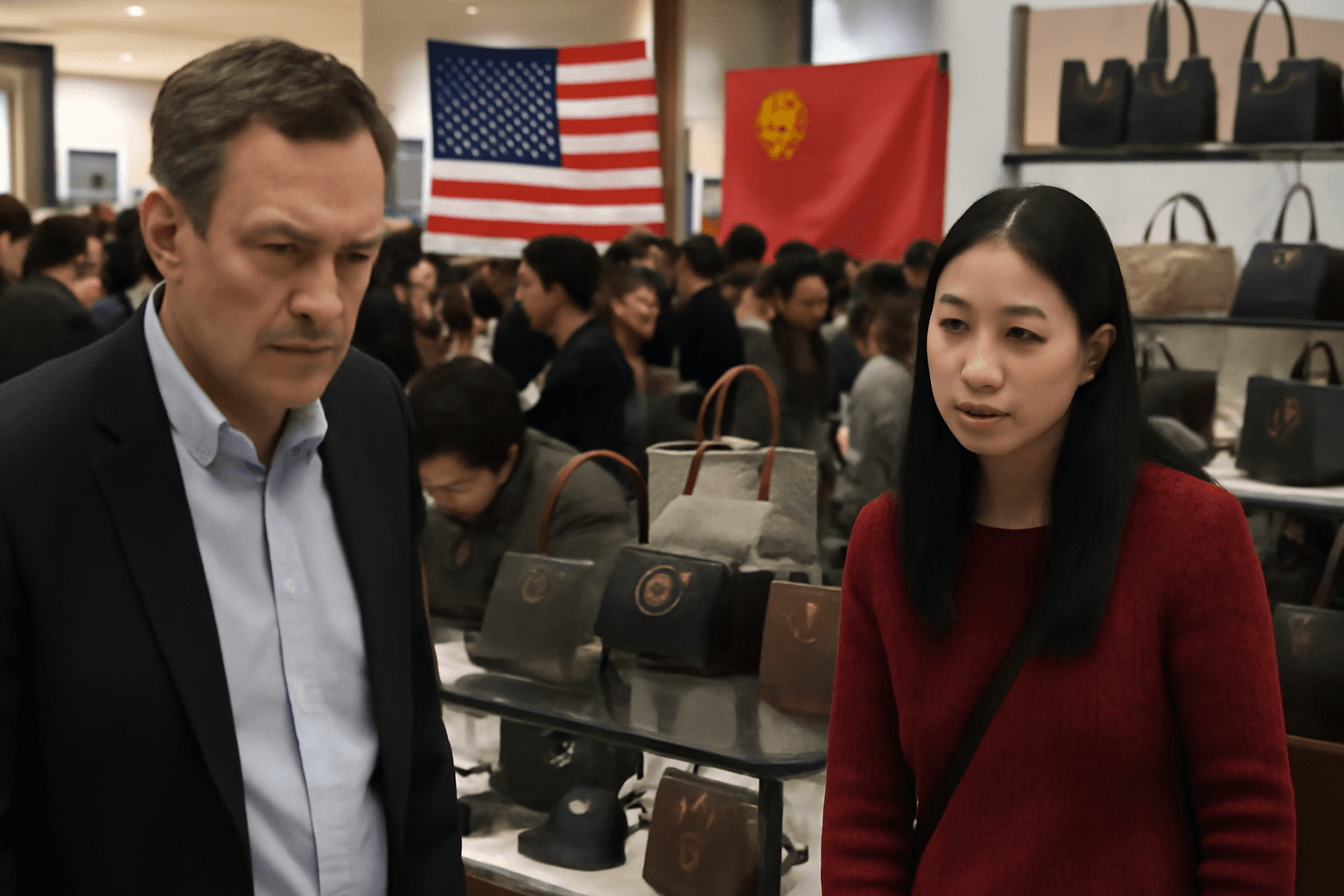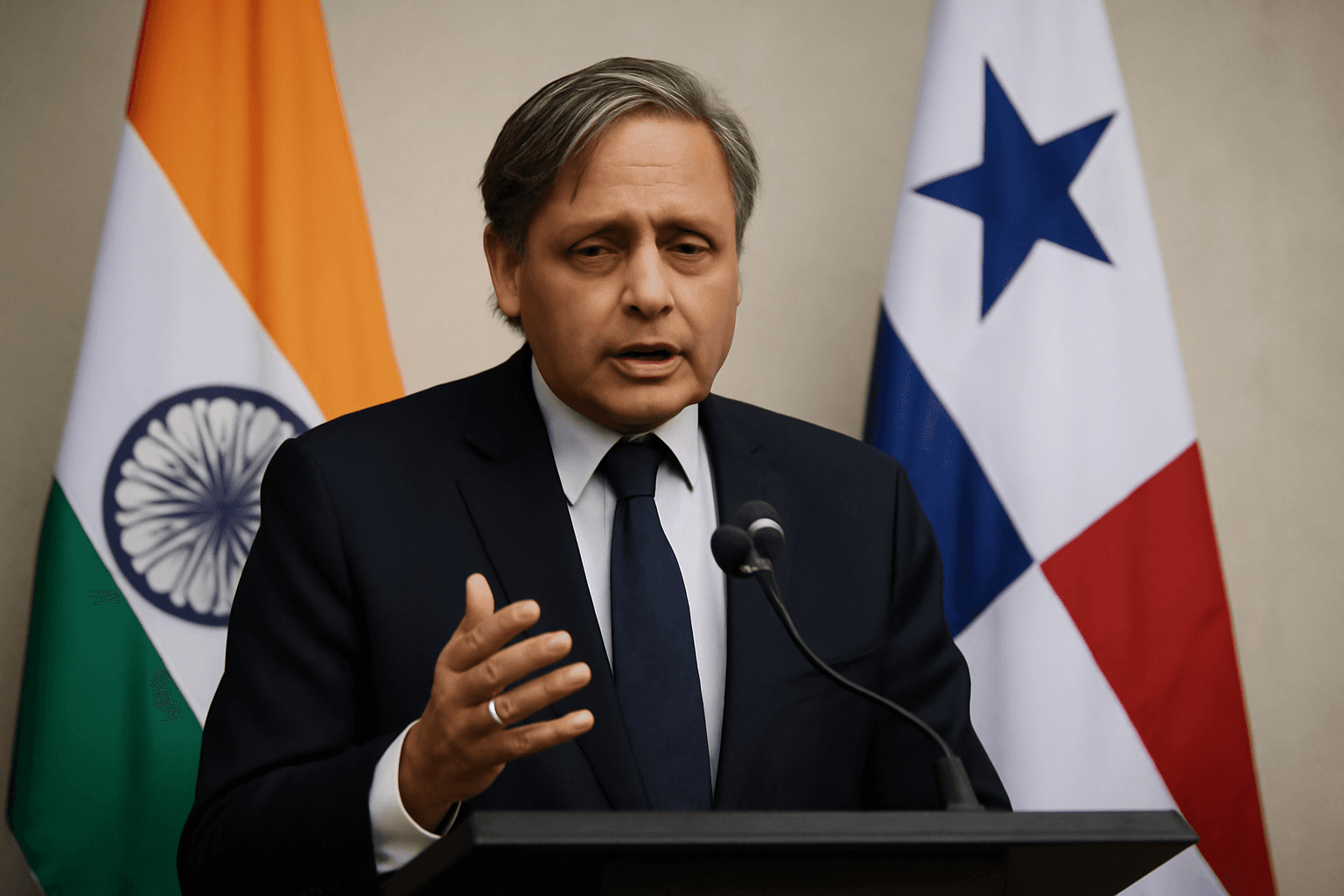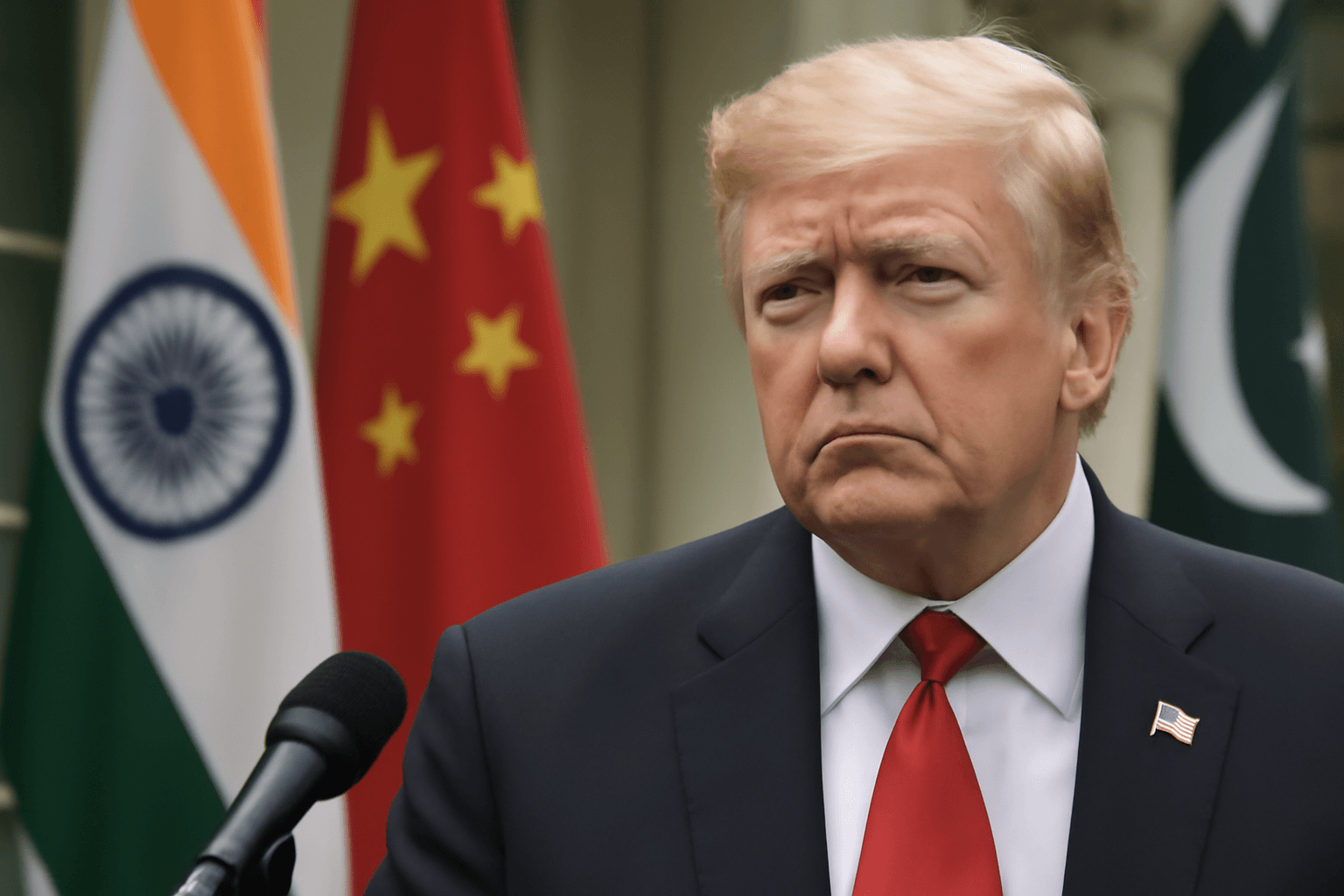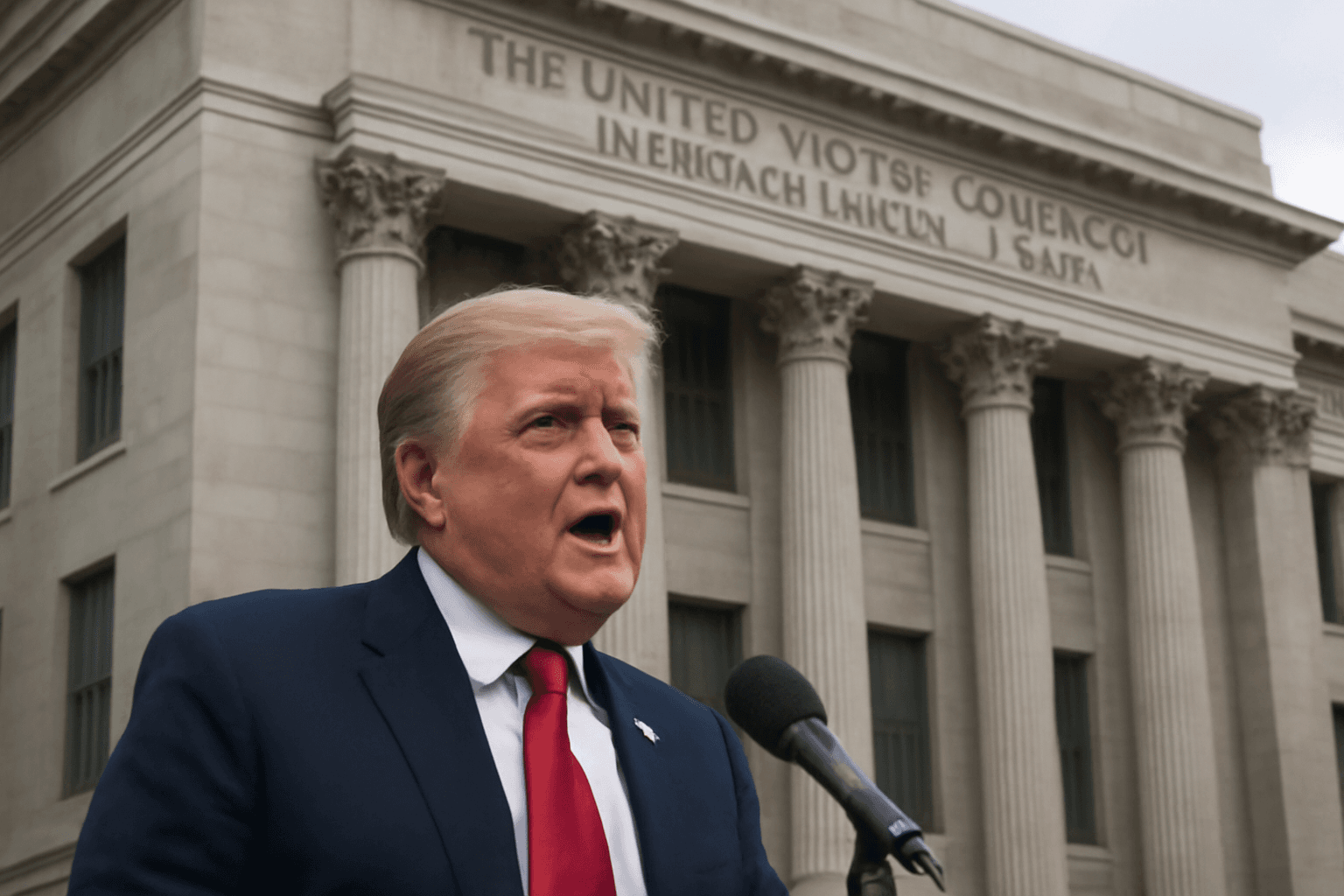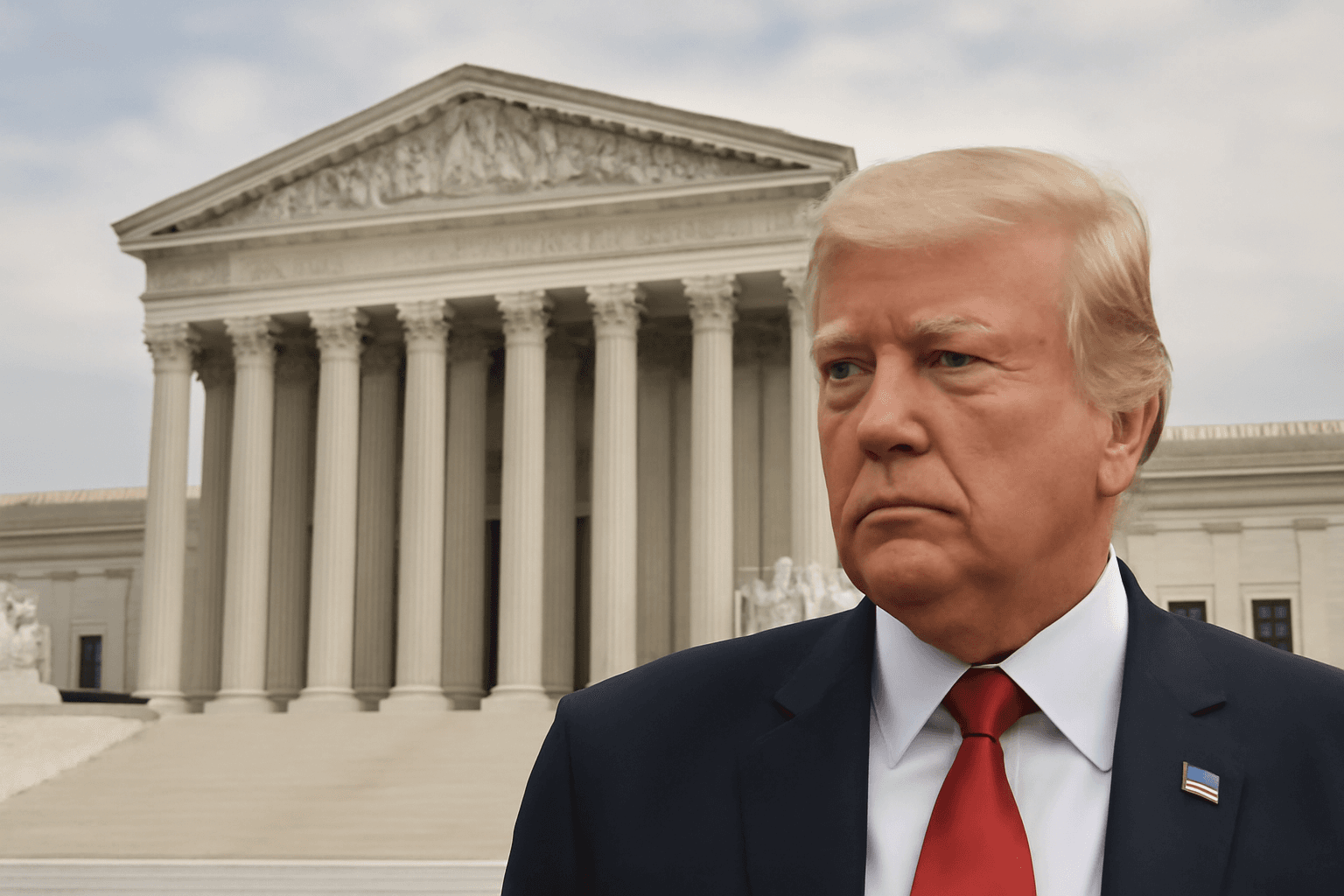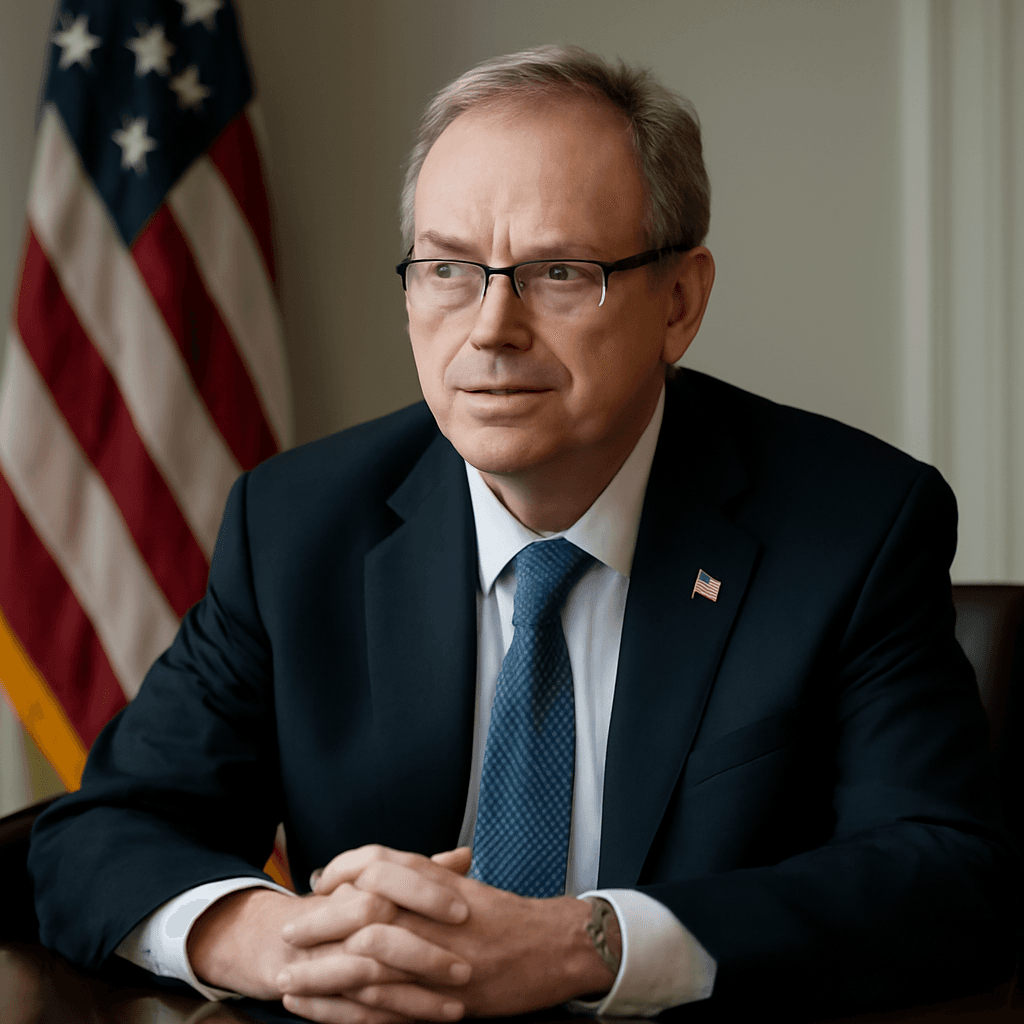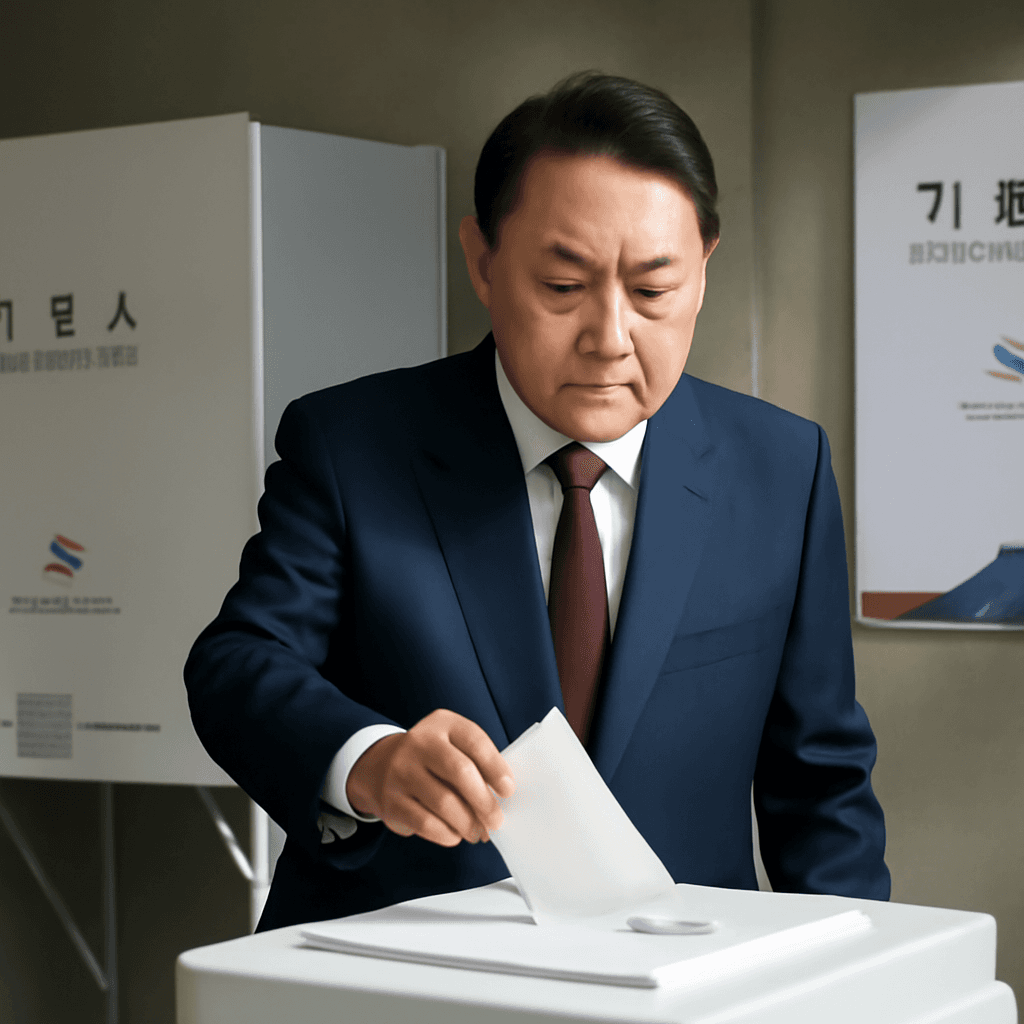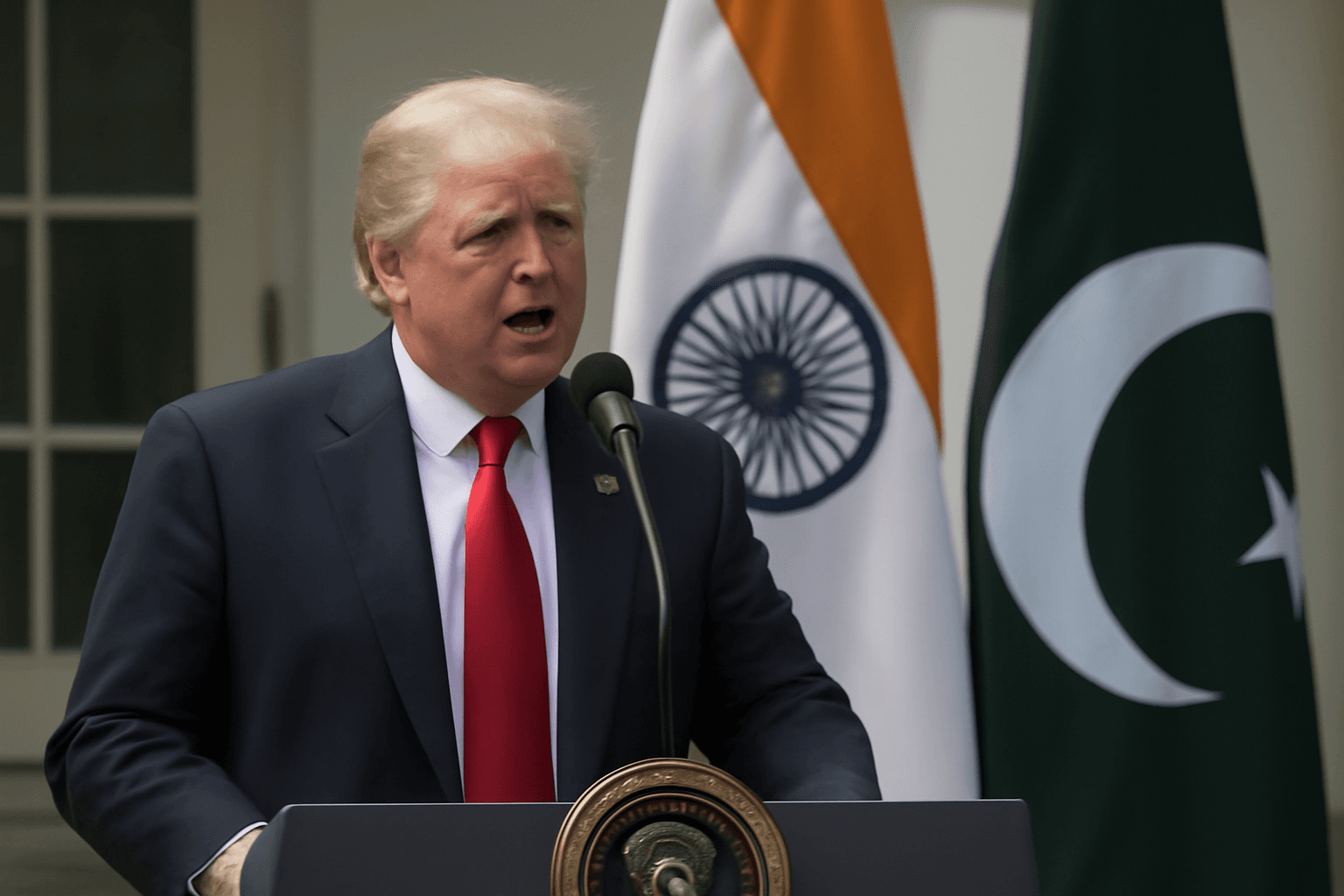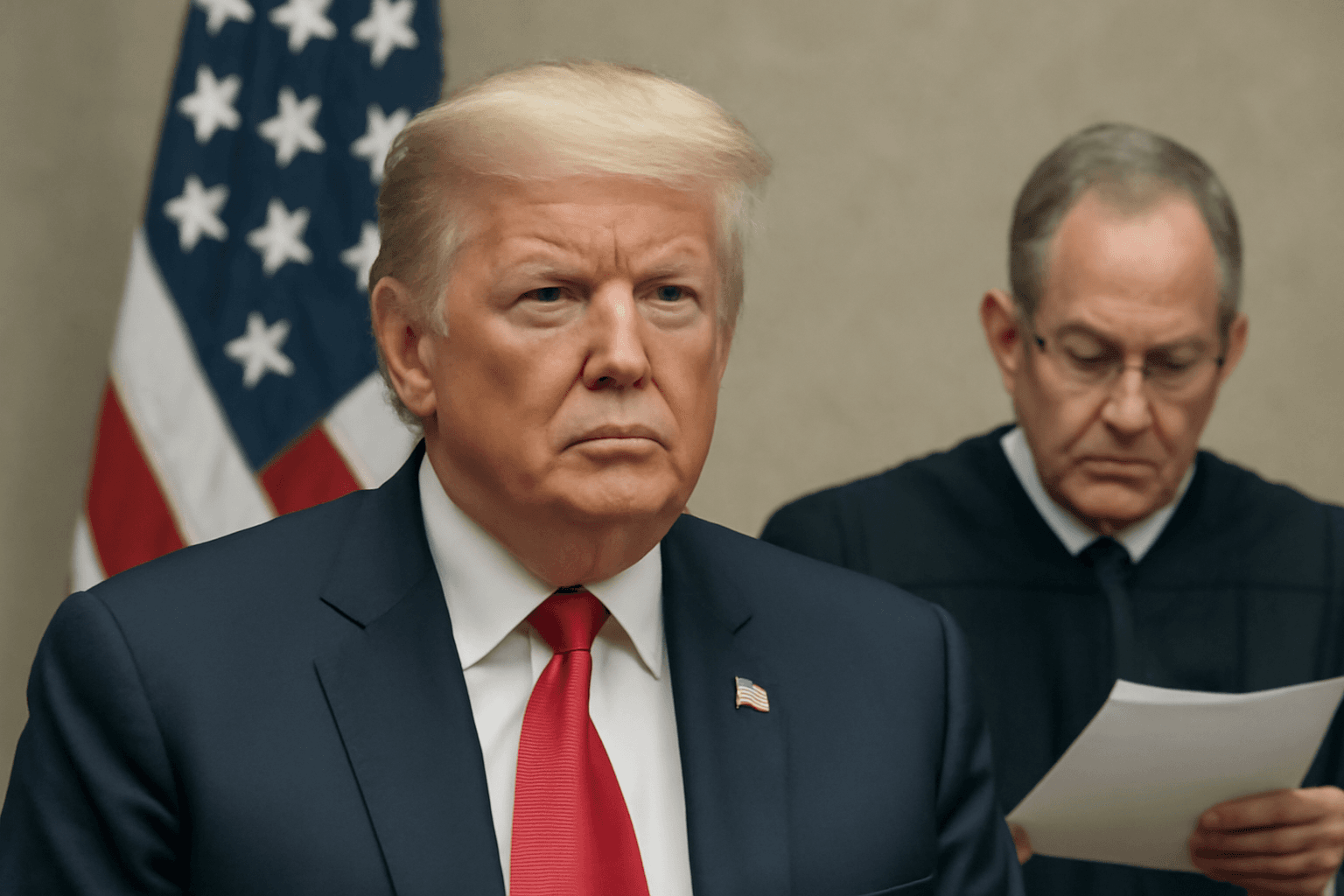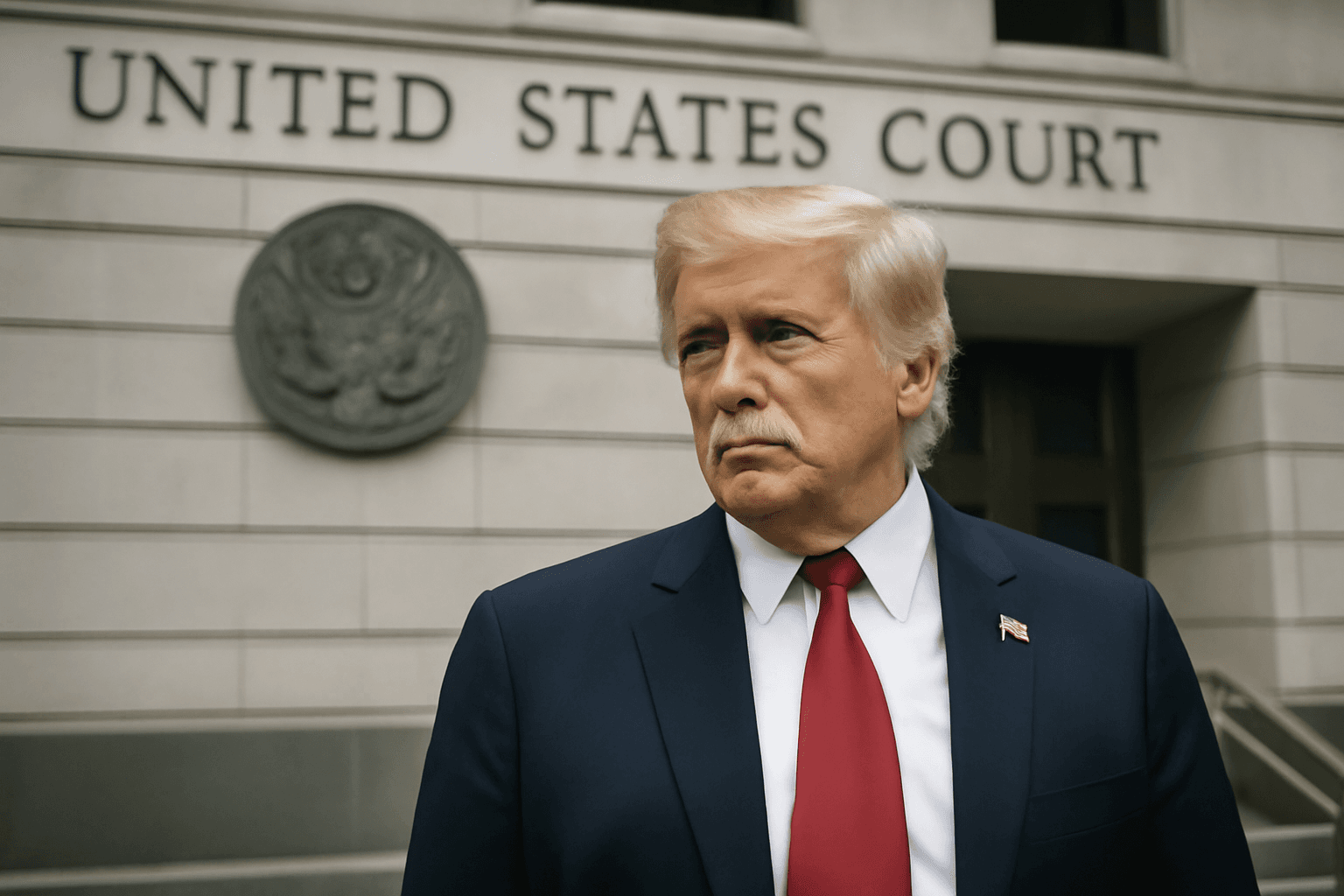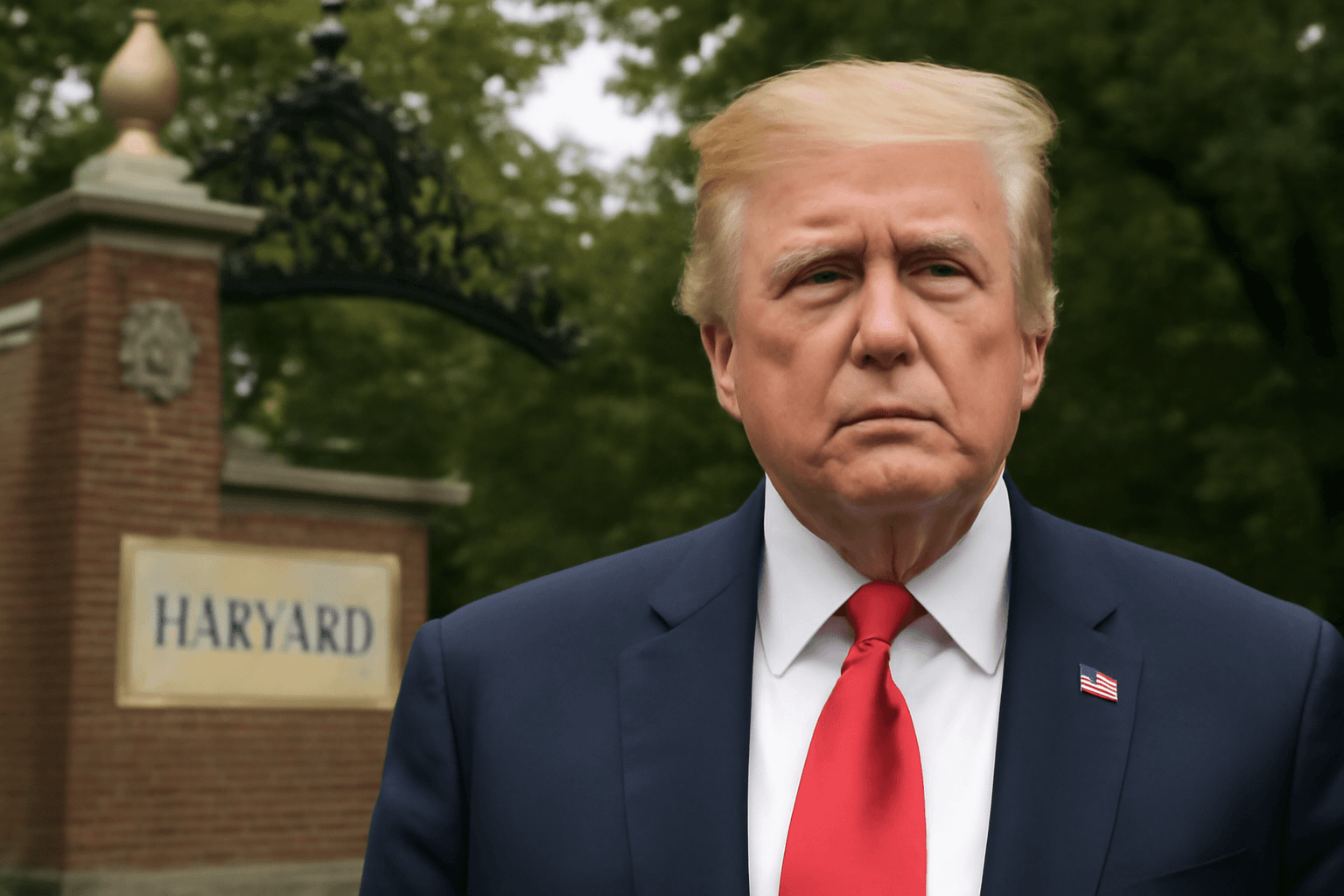New York, May 29, 2025: The Trump administration has appealed to a New York court, urging it not to block the president’s controversial tariff orders. Officials argued that any legal setback could destabilize key international relations, particularly citing the India-Pakistan conflict and ongoing trade negotiations with China.
In court, the administration claimed that President Trump's tariffs have been instrumental in managing sensitive geopolitical issues, including helping to maintain a fragile ceasefire between India and Pakistan. The administration warned that reversing the tariffs could lead to renewed hostilities between the two nuclear-armed neighbors, thereby threatening regional security and global stability.
Representing the administration were Secretary of State and National Security Adviser Marco Rubio, Commerce Secretary Howard Lutnick, Treasury Secretary Scott Bessent, and US Trade Representative Jamieson Greer. They argued that the tariffs are a national emergency measure aimed at protecting American interests, particularly by forcing China to negotiate trade terms more favorable to the United States.
Commerce Secretary Lutnick described the ceasefire between India and Pakistan as “tenuous,” asserting that it was sustained by trade incentives linked to President Trump's tariff policies. He cautioned that if the court halts the tariffs, it could remove the incentive for both countries to maintain peace, potentially igniting military conflict.
Furthermore, officials emphasized the strategic importance of the tariffs in prompting China to address the United States’ persistent trade deficit through negotiations. Lutnick warned that a negative court decision could derail ongoing talks, exacerbate economic vulnerabilities, and enable Chinese economic aggression during a critical period of strategic competition.
Secretary Rubio underscored that the judiciary is not positioned to intervene in matters of foreign policy and national security. He added that a court ruling against the tariffs could embarrass the United States internationally and embolden both allies and adversaries, heightening global risks.
The case arises from a legal challenge filed by small businesses affected by the tariffs, which they argue were imposed under an improperly declared national emergency. A three-judge panel is currently reviewing the arguments, with a ruling pending.
This legal battle highlights the broader tensions surrounding presidential powers in economic and foreign policy domains, especially during President Trump’s administration.



